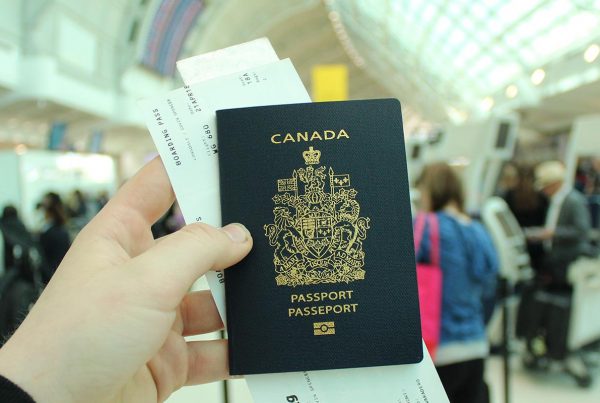The Canadian Civil Liberties Association is renewing its call on the government to withdraw its strong borders legislative package, now split into two separate Bills: Bill C-2, the Strong Borders Act, and Bill C-12, the Strengthening Canada’s Immigration System and Borders Act.
The strong borders package has drawn criticism from a broad coalition of civil society groups that includes the BC Civil Liberties Association, the Canadian Council of Refugees, la Ligue des droits et libertés, the Canadian Labour Congress, Women’s Legal Education and Action Fund (LEAF), Canadian Association of Refugee Lawyers, the Ontario Council for Agencies Serving Immigrants (OCASI), the International Civil Liberties Monitoring Group, the Barbara Schlifer Commemorative Clinic, the Migrant Rights Network, Women’s Shelters Canada, the Canadian Drug Policy Coalition, OpenMedia and many others.
Bill C-12, introduced last Wednesday, replicates Bill C-2’s erosion of migrant and refugee rights. These include provisions that strip people from their right to a hearing of their refugee claim before the Immigration and Refugee Board if more than one year has passed since they first entered Canada. Another provision would grant the government wide latitude to cancel valid immigration documents including permanent residency.
With respect to the remainder of Bill C-2, the government has unequivocally stated its commitment to advancing its provisions in some form, while acknowledging some flaws in the existing Bill. But the remaining Bill faces stiff resistance from opposition parties that could prove fatal to the government’s efforts.
“The government has decided to fast track problematic elements of its Strong Borders initiative in Bill C-12, which includes severe limits on access to independent refugee hearings and other implications for migrant rights”, said Tamir Israel, Director of the Canadian Civil Liberties Association’s Privacy, Surveillance and Technology Program. “We remain concerned by the government’s ongoing commitment to elements of Bill C-2 that would undermine privacy and cybersecurity for everyone in Canada.”
Bill C-2 includes several privacy-corrosive elements. The Bill would grant police the power to demand revealing information from any service provider inluding health services, hotels, banks, websites, and organizations that serve migrants and refugees. Under Bill C-2, the government could also compel digital service providers to re-engineer their services to facilitate surveillance, threatening privacy and critical security safeguards such as encryption.
Government officials have presented this legislative package as a response to pressure from the United States applied in ongoing trade negotiations.
“The government needs to reconsider its strong border proposal”, said Howard Sapers, Executive Director of the Canadian Civil Liberties Association. “Canadian civil liberties are non-negotiable.”





